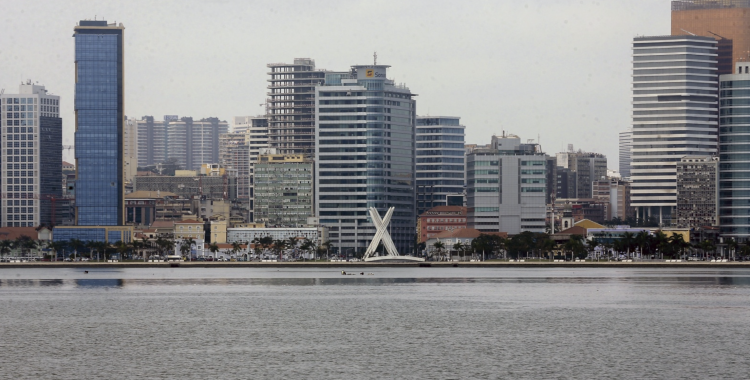"After slow economic growth of 0.9 percent in 2023, we forecast a moderate expansion in real GDP of 2.2 percent this year, based on a small increase in crude oil production, better budget spending based on higher oil revenues, and better conditions for investments in oil refining, mining exploration and renewable energy infrastructures", write the analysts.
The consultant's prospects are better than the numbers presented by the National Statistics Institute of Angola, which point to growth in 2023 below 1 percent.
The African department of this British consultancy supports its assessment by predicting that "oil production is expected to increase to 1.12 million barrels per day, an increase compared to the 1.10 produced last year", essentially due to the end of maintenance works at the Dalia field, in the first quarter of last year, which "made oil production recover in a sustained manner".
In analyzing Angola's economic growth in 2023 and this year, Oxford Economics points out that "oil production should also benefit from the addition of some new wells at the end of this year and Angola's exit from the Organization of Petroleum Exporting Countries (OPEC) ", which meant that there were no longer administrative limits on oil production in this Portuguese-speaking African country.
Despite the good news on the oil side, the sector that contributes most to Angola's economic growth, analysts admit that the 2.2 percent growth forecast could be reduced due to the impact of inflation on household spending.
"The continued growth of inflation this year will negatively influence consumer and corporate spending, and is one of the main risks to economic growth", conclude the analysts.
At the Spring Meetings, this month in Washington, the International Monetary Fund revised Angola's growth forecast to 0.9 percent in 2023 and 2.6 percent this year, expected to accelerate to 3.1 percent in 2025.
Regarding inflation, the Fund's forecast is that prices will rise 22 percent this year and 12.8 percent in 2025, after having registered an increase of 13.6 percent in 2023.
In sub-Saharan Africa, growth is expected to increase from a predicted 3.4 percent in 2023 to 3.8 percent in 2024 and 4 percent in 2025, "with the negative effects of climate shocks continuing and problems in the supply chains supply to gradually improve", says the Fund.







